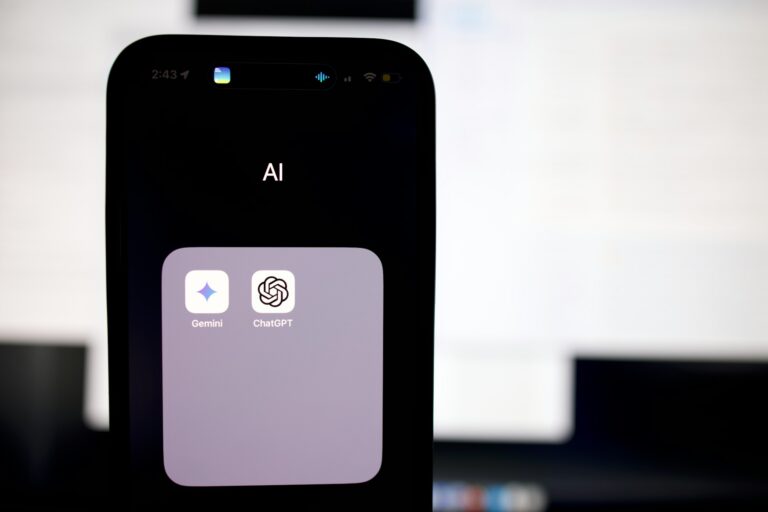AI tools can create articles, books, images, and songs and provide summaries of books or outlines based on users’ requests. This is possible because of the training of AI tools. For such training, AI needs a lot of data. Some data is in the public domain, such as books written many centuries ago, but a massive amount of content is protected by copyright. The authors naturally would like to make a royalty on the usage of the works or even prohibit such usage for training.
Additionally, the fast growth of AI significantly changes many industries and the economic interests of stakeholders. For instance, if AI tools make summaries of existing books and write new books in the style of specific authors and their style, many book publishing companies, agents, and authors would lose a considerable amount of their profits. As a result, many important discussions exist about whether using content for training AI tools constitutes a copyright violation and how existing stakeholders can compete with AI potential in their industries.
You might also be interested: Copyright Protection of AI-Generated Content
Scraping
Scraping is the process of an AI program collecting data from books, articles, news, social media, companies’ websites, and other resources. Based on the scraped data, AI tools provide information, create content, and even mimic the style of the author, artist, or other person. Many pending cases in this field are based on copyright owners’ allegations of using their works during the scraping process without their content.
Lawsuit by copyright owners
For the last two years, copyright owners have filed lawsuits alleging that different AI platforms infringe their copyright and other rights regarding various works: books, articles, music, and images.
For instance, famous comedian Sarah Silverman and other authors filed a class action lawsuit against OpenAI. The authors allege the defendant violated their copyright while training their AI text generative system. The plaintiffs asserted different claims, such as direct copyright infringement, vicarious copyright infringement, unfair competition, unjust enrichment, etc. The court dismissed all claims except copyright infringement and unfair business practices. Silverman et al. v OpenAI, Inc.
In 2023, a class action was filed against Google DeepMind, Google LLC, Alphabet Inc. The authors allege that the defendants copied books without knowledge or consent to train “Bard” and other AI products. While asserting his claims, JL, one of the plaintiffs, points out that Bard can make a summary chapter by chapter and “offers to regenerate the text of her book verbatim.” JL v Google DeepMind, Google LLC, Alphabet Inc.
There are some cases regarding the images. For instance, Getty Images filed a lawsuit against Stability AI alleging copyright infringement on more than 12 million photographs and trademark rights violations by replicating Getty Images’ watermark. Getty Images v. Stability AI.
Some other artists also filed lawsuits against AI platforms such as Stability AI, Midjourney, and DeviantArt.
Possibility of application of the fair use doctrine
While lawsuits filed over the last two years are pending, some AI Platforms address the possibility of application of the fair use doctrine to the scraping process. Section 107 of the Copyright Act states that the fair use of a copyrighted work is not an infringement of copyright. The application of fair use depends on four factors: (1) the purpose and the character of the use; (2) the nature of the copyrighted work; (3) the amount and substantiality of the portion used concerning the copyrighted work as a whole; and (4) the effect of the use upon the potential market for or value of the copyrighted work.
Considering the first factor, courts consider whether the use is “transformative.” For instance, the court ruled in favor of the defendant, Google Inc., where the Authors Guild filed a copyright infringement lawsuit. The court stated that creating searchable indexes from the author’s works was a transformative use. AI platforms can address their usage of copyrighted work because of their transformative use. However, there are many other arguments against applying the fair use doctrine.
Licensing for AI datasets
If the courts issue decisions in favor of copyright owners, the market of copyright licensing will go to the next level. Obtaining the license will help AI companies develop their AI tools; also, copyright owners will receive a royalty for using their works. The major problem here is that AI tools need massive work for training, and thus, the procedure of obtaining licenses can be complicated. As a result of such a challenge, new service licensing providers were established. They aggravated copyrighted works for licensing for AI companies.
Other solutions for copyright owners
If the copyright owner does not want to file a lawsuit but still wants to protect her work from being used in AI tool training, she can use some apps or programs that protect authors from AI mimicry. For instance, Chicago University introduced the Glaze, which protects human artists’ images by making changes that the human eye cannot discover. Still, it is enough to make the image unavailable for AI tool training to mimic the artists’ style.
If you have questions as to copyright aspects in AI, you can reach Ortynska Law at [email protected] or by phone at 9147035632.
